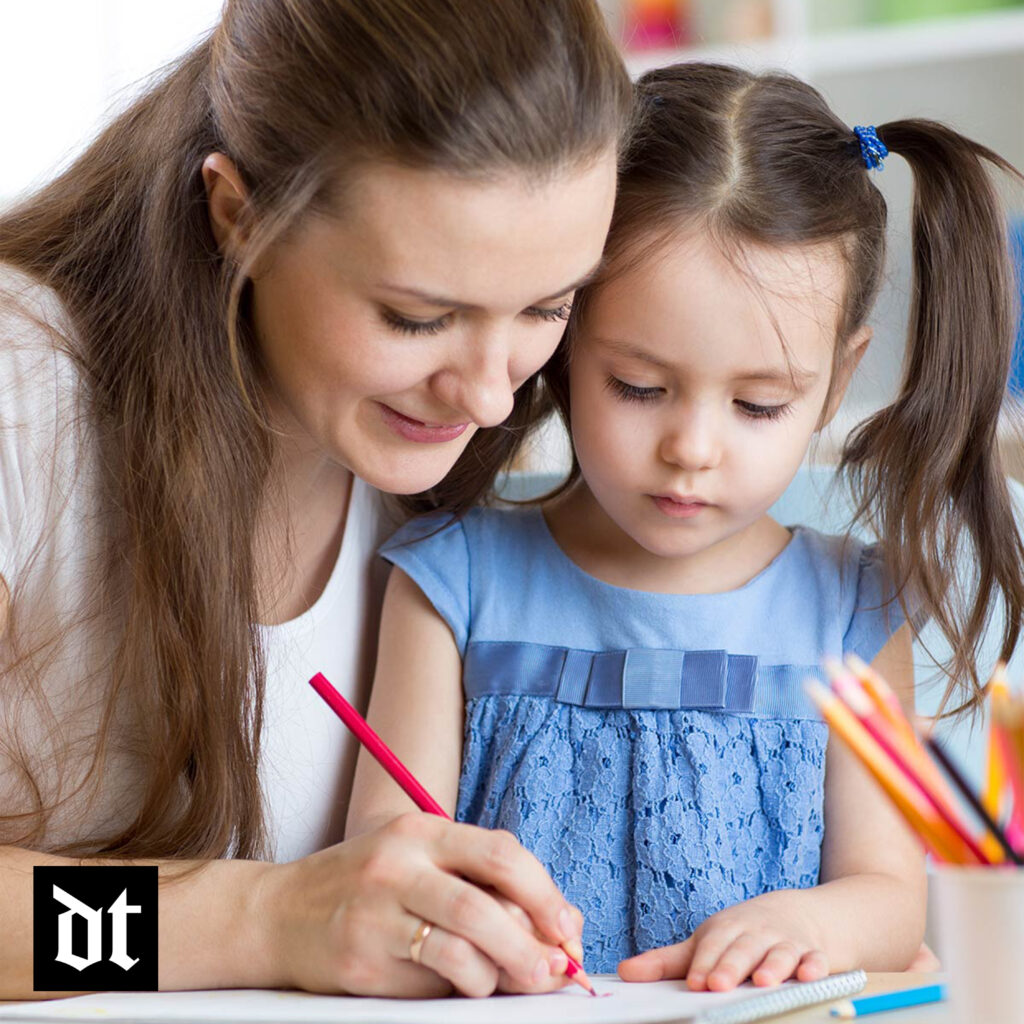
Money may not buy happiness, but financial health will improve your emotional well-being. High debt levels have been linked to increasing stress. Let us take what happened when COVID-19 hit, the financial crisis it left in its aftermath is something many people are still nursing. Countries were left to balance high-level debts as people suffered bankruptcies, foreclosures, and credit card debts. But who is to blame for this financial unpreparedness? The ignorant adults or unresourceful governments? Frankly, it all comes down to a lack of knowledge. Most people didn’t know better when balancing their income and expenses. The global financial crisis forced their hand to start from scratch by learning the basics of financial education. But how different would the outcome have been if they had prepared for this from childhood?
Surveys indicated that most schools don’t offer formal education in personal finance. Lack of financial literacy prompts many children to go into the world lacking the skills to manage their finances. To break the cycle of debt, experts promote instilling much-needed financial management skills early in life for the next generation. Campaigns countrywide have been launched to incorporate personal finance coursework into school curricula to teach children and teenagers financial wellness.
Start The Conversation At Home
Research conducted showed that parents are not forthcoming when it comes to talking about finances with their children. With 36% being very ‘unlikely’ to discuss finances with their kids and 26% ‘somewhat unlikely’. This is a disservice to kids as it does not prepare them for the realities of our monetary world as a significant number of children have little to no concept of how money is.
On the other hand, talking about finances will give them confidence and control to break the debt cycle. Teaching financial education to children is beneficial not only to their future adult selves but also to the community at large. Through saving, you can teach them charity and contribution to take care of the community and other important causes.
How To Break Down Financial Literacy For Your Kids

Going into financial lessons with your child, you may be unsure what to address. After all, finance is a wide topic, and complicated terms come with it. For children, it works to break it down into practical and easy lessons they can understand. You can borrow some examples of daily life to explain the five components of finance.
1. Earning

Start by teaching your child about the concept of money, how it came to be, and its significance in life today. Only then will you be able to explain the earning process to them. For practicality, you can assign your kids a task and offer them monetary compensation to show them how money is made.
2. Budgeting
Probably the most important aspect when it comes to financial education is how to manage it. The road to teaching your child how to avoid financial problems is through proper budgeting. Lerrning to divide their earnings into different needs and wants and will help them plan for their future.
3. Saving
Learning to save is essential to financial management and financial literacy. By setting money aside, you can show your kids how to secure their financial future as the savings accumulate. A piggy bank can encourage childrens’ saving habits. With consistency, you can grow your child’s saving-muscles, making it a ‘no-brainer’ even as an adult.
4. Investing

Once you teach your child how to save, coming up with a plan at home that allows them to invest at a basic level is not far off. Learning investment early will give them a headstart in financial security and management. Ultimately, your child can start a side hustle like selling lemonade or cupcakes in the neighborhood during weekends to generate more earnings. But, it all begins with a proper savings plan.
5. Spending
When you look at most people who land in financial trouble, they all have one thing in common. Poor spending habits. Spending is the last financial concept you should teach your kids about money management. Because your child probably knows what spending is, teach them the concept of spending money wisely.
Best Resources To Nurture Financial Literacy In Children
Thankfully, there are plenty of resources to nurture financial literacy in children. The following are channels you can introduce your child to financial education depending on their age and your goals.
1. Parents

Believe it or not, parents are the best resource for teaching children about money management. Yes, you. As a parent or guardian, there is much you can do to instill money management skills and values in your young person. Simple lessons at home, like having them perform small tasks for their allowance and having them contribute to household purchases is a practical way to teach them the value of money.
2. Books
The oldest form of resource for learning is also the easiest to access. Books are available for all age-appropriate levels to help children learn about money management. If you cannot afford them, take advantage of libraries and free ebooks that you download on different financial topics.
3. Podcasts
If your child needs a little more interaction, a podcast is a great way to expose them to different financial topics. Podcasts are great because you can easily put them on even as you drive with them to school, which is convenient if you are running late.
4. Online Courses

There are websites where you can sign up your child for lessons in personal finance. These range from simple courses to understand the fundamentals of financial management to deeper learning for different-aged children. They include practice exams formulated to test students’ knowledge of the subject.
5. Mobile Apps
Money lessons do not have to be boring and complicated. There are mobile apps designed to make these lessons fun and interesting through games and other online activities. These apps are structured to intrigue and maintain attention of kids. So if you have trouble getting your five-year-old to sit through a one-hour financial lesson get them, an app like this will come in handy.
Could Financial Education Be The Answer?
It is not far-fetched to say many financial troubles stem from poor money management. When we look at adults who do not properly plan for their money, we will find that most have no idea how to. Teaching children as young as toddlers the simplest financial habits sets them on a path of financial accountability which later translates into adulthood. While we cannot blame economic regression and the global financial crisis on financial illiteracy, having the knowledge and skills to cope with the situation doew make a difference.
